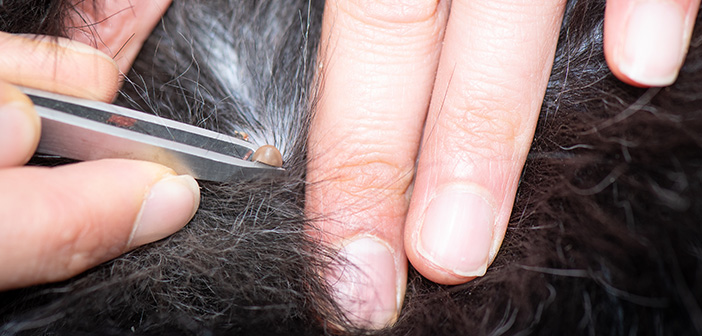MSD Animal Health has launched the Protect Our Future Too initiative across more than 30 countries in Europe, Russia, North Africa and the Middle East to raise awareness of the risks to pets caused by seasonal changes, such as warmer months in autumn and winter as well as higher temperatures in general.
The initiative follows the conclusions of an international roundtable meeting of 19 European scientists representing a number of specialist areas including parasites, animal behaviour and animal diseases. Expert participants shared a range of insights and their conclusions highlight that seasonal changes are having a wide range of effects on the health of household pets.
To gauge pet owner understanding of the impact and risks of seasonal changes, a survey was conducted among both pet owners and vets. This found that 70% of UK pet owners surveyed did not feel sufficiently informed about the impact of environmental changes such as warmer temperatures and humidity on their pet.
One such impact is an increase in parasites such as ticks, as they are able to survive for longer in warmer climates.
TV vet James Greenwood, a spokesperson for the initiative, said: “When I started in practice in Bristol 13 years ago it was so rare to see a tick on a dog, we would call everyone else in the practice round when we found one. Now it’s commonplace.
“And because parasites on our pets can cause serious health problems not just for them but for owners too, it’s now more important than ever that the public are aware of the risks.”
In addition to ticks, fleas also pose risks to pets and human health. A recent study of UK vet practices has shown that one in four cats (28%) and one in seven dogs (14%) attending vet clinics for routine matters such as health checks and vaccinations were found to have fleas.
Richard Wall, Professor of Zoology at the University of Bristol and a supporter of the Protect Our Futures Too initiative, said: “We know that controlling parasites like fleas is really difficult because they can survive for a relatively long time without a host, and only a short break in anti-parasite treatment can allow them to re-establish themselves on an animal.
“Whereas once owners might have been less likely to treat their pets during the winter months, seasonal changes mean that parasites are more likely to become a year-round problem now, so it’s really important that owners seek the advice of a vet to make sure their pets – and they – are continuously protected.”


